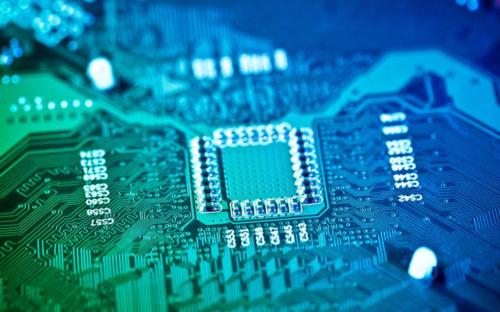 +86 755 2794 4155
+86 755 2794 4155  sales@knownpcb.com
sales@knownpcb.com
-
Shenzhen KNOWNPCB Technology Co., Ltd.
 +86 755 2794 4155
+86 755 2794 4155  sales@knownpcb.com
sales@knownpcb.com
 2023-09-12
2023-09-12
 295
295

The heat generated during the operation of electronic devices rapidly increases the internal temperature of the equipment. If this heat is not dissipated in a timely manner, the equipment will continue to heat up, and the reliability of electronic devices will decrease. Therefore, heat dissipation treatment for circuit boards is very important. So, what are the cooling methods for PCB circuit boards?
1. High heating device with heat sink and heat conduction plate.
When there are a few components in the PCB that have a large heat output (less than 3), a heat sink or heat transfer tube can be added to the heating device; When the temperature cannot drop, a radiator with a fan can be used to enhance the heat dissipation effect. When there are a large number of heating devices (more than 3), a large heat dissipation cover (plate) can be used, and the heat dissipation cover can be buckled onto the surface of the components as a whole to dissipate heat in contact with each component.
2. Heat dissipation is achieved through the PCB board itself.
With electronic products entering the era of miniaturization, high-density installation, and high heat generation assembly, due to the widespread use of surface mounted components such as QFP and BGA, a large amount of heat generated by components is transferred to PCB boards. Therefore, the best way to solve heat dissipation is to improve the heat dissipation ability of the PCB itself that is in direct contact with the heating element, and transmit or emit it through the PCB board.
3. Adopting reasonable wiring design to achieve heat dissipation
Due to the poor thermal conductivity of the resin in the board, and the copper foil circuit and holes being good conductors of heat, improving the residual rate of copper foil and increasing thermal conductivity holes are the main means of heat dissipation.
4. For equipment that uses free convection air cooling, it is best to arrange integrated circuits (or other devices) in a longitudinal or transverse arrangement.
5. Devices on the same printed circuit board should be arranged in zones according to their heat generation and heat dissipation degree as much as possible. Devices with low heat generation or poor heat resistance should be placed at the top (inlet) of the cooling airflow, while devices with high heat generation or good heat resistance should be placed at the downstream of the cooling airflow.

Or call +86 755 2794 4155
Inquiry Now

